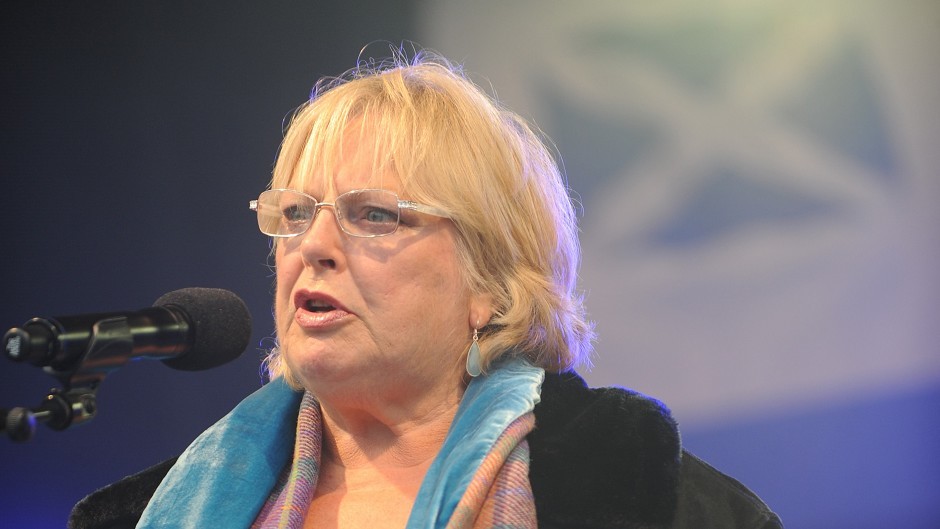Terminally ill people should be able to exercise their choice to end their lives, it has been suggested.
The British Medical Journal (BMJ) said former lord chancellor Lord Falconer’s Assisted Dying Bill, which would enable terminally ill patients to request assisted dying subject to a range of safeguards, should become law.
The article, written by editor-in-chief Dr Fiona Godlee and other senior executives at the journal, states: “People should be able to exercise choice over their lives, which should include how and when they die, when death is imminent.
“Recognition of an individual’s right to determine his or her best interests lies at the heart of this journal’s strategy to advance the patient revolution in healthcare.
“It would be perverse to suspend our advocacy at the moment a person’s days were numbered.”
Green MSP Patrick Harvie is taking forward proposed legislation in Scotland on behalf of former independent MSP Margo MacDonald, who died in April after a long battle with Parkinson’s disease.
More than 2,500 people have signed a petition calling on MSPs to pass the Assisted Suicide Bill, the second of its kind to be introduced to Holyrood by the late politician.
The Scottish Government and faith groups do not support the controversial legislation but MSPs will be given a free vote.
Dr Mark Porter, chairman of council at the British Medical Association (BMA), said assisted dying was a “complex and emotive issue” but the organisation was opposed to it.
“The BMJ is a wholly owned subsidiary of the BMA, and quite rightly has editorial independence,” he added.
“Its position on assisted dying is an editorial decision and does not reflect the views of the BMA or the medical profession.
“Our focus must be on making sure every patient can access the very best of palliative care.”
The article authors said they recognised that some doctors are unhappy about the part that they would be asked to play should the Bill become law.
But they stressed that the Bill is about “assisted dying”, not “voluntary euthanasia”.
It stated: “The person would administer the medication themselves.
“This is what differentiates ‘assisted dying’ from ‘voluntary euthanasia’, where the doctor administers the lethal drugs.”
